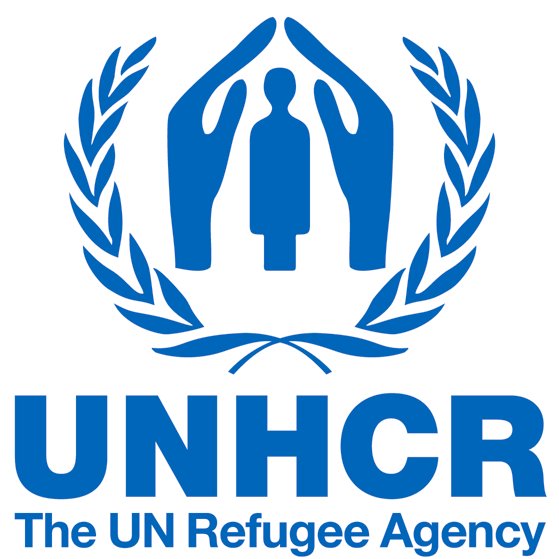15.10.2020.
On October 1, 2020, the UN High Commissioner for Refugees adopted a document entitled „Legal considerations regarding claims for international protection made in the context of the adverse effects of climate change and disasters.“ It is inspired by the harmful effects of climate change and catastrophes that affect the lives of millions of people around the world, which force people to leave their homes, and in some cases the country of origin. The document is also inspired by the recent case of Ionae Teitiota against New Zealand, which was conducted in front of the Human Rights Committee, which determined the existence of harmful effects of climate change on the enjoyment of certain human rights.
The document is intended for governments, legal practitioners, administrative and judicial decision-makers, as well as UNHCR staff and is relevant for the individual and group refugee status determination.
The document provides legal considerations regarding the application of international and regional refugee and human rights law in cross-border migration cases in the context of the adverse effects of climate change and disasters. Also, are consider the provisions of The 1951 Refugee Convention regarding the definition as from Convention and its 1967 Protocol. With a view of regional refugee law, the document discusses the protection provided on the African continent, ie under the auspices OAU Convention Governing the Specific Aspects of Refugee Problems in Africa (1969) and by the Cartagena Declaration on Refugees (1984).
Also, forms of complementary international protection are considered in order to protect against violations of the principle of non-refulement when it is not possible to apply the criteria for refugee protection. This is especially true in cases where a violation of the ban on expulsion may cause irreparable damage to the protected rights provided for in Articles 6 (right to life) and 7 (prohibition of torture) of the International Covenant on Civil and Political Rights – OHCHR (1966). This is of particular importance in regions where the Convention Governing the Specific Aspects of Refugee Problems in Africa (1969) and by the Cartagena Declaration on Refugees cannot be applied.
The UNHCR document states that people in need of international protection in the context of the adverse effects of climate change and disasters may have a valid basis for refugee status, and may have a well-founded fear of persecution under Article 1A (2) of the Refugee Convention. The document concludes that in cases of sudden or slow, long-term effects of climate change or disasters, states are obliged to provide access to a fair and efficient procedure for granting refugee status in accordance with the needs of international protection.
